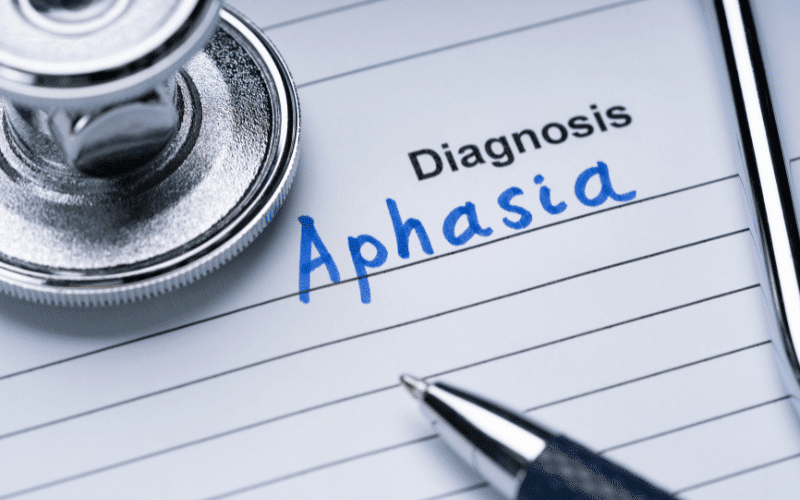Introduction: Conduction Aphasia Unraveled

It’s a common human tendency to overlook or misunderstand conditions that we don’t encounter on a daily basis. But when it comes to disorders such as conduction aphasia, it’s essential to arm ourselves with knowledge and a clear understanding.
Also known as associative aphasia, conduction aphasia is a unique type of language disorder that affects an individual’s ability to communicate effectively. Although this disorder is not as prevalent or well-known as other types of aphasia, the significant impact it can have on a person’s day-to-day interactions makes it a vital area of exploration. Understanding its symptoms and their implications is the first step towards providing appropriate care and intervention.
Uniquely, the symptoms of conduction aphasia can vary widely among patients, adding to the complexity of diagnosis and treatment. The variations stem from the extent and exact location of brain damage in each individual. This article seeks to shed light on the top 10 symptoms that are typical indicators of this condition.
In the subsequent sections, we’ll delve into each symptom, providing detailed explanations to help you better comprehend this nuanced disorder. By identifying these symptoms early, we can hope for improved prognosis and enhanced quality of life for individuals with conduction aphasia. So, let’s begin this enlightening journey.
Symptom 1. Inconsistency in Repetition: The Paradox of Understanding and Speaking

In a fascinating demonstration of the complexity of our brain’s language centers, individuals diagnosed with conduction aphasia often exhibit a puzzling inconsistency. They’re able to understand language perfectly, and yet, when asked to repeat phrases or sentences, they stumble. This is due to the disconnection between the Broca’s area and Wernicke’s area, key regions in the brain responsible for speech production and comprehension respectively.
Such difficulty in repetition isn’t due to memory deficits. Rather, it’s the impaired connection between these language areas in the brain that results in the inability to convey the same words they understand. Patients might grasp the sentence spoken to them in its entirety, but their attempts to repeat it may lead to disarray, much like a well-rehearsed orchestra suddenly losing rhythm.
What’s particularly striking is how specific this symptom is to conduction aphasia. While several types of aphasia present challenges in language comprehension or expression, the ability to understand language but struggle with repetition is distinctive. It’s like an unexpected pothole on an otherwise smooth road, confounding both patient and listener.
This symptom can manifest in numerous ways. Sometimes, the patient might substitute one word for another. Alternatively, they might just fail to retrieve the correct word from their mental lexicon. Though the language processing areas of the brain are intact, the disrupted connection undermines the efficient relay of information. (1)